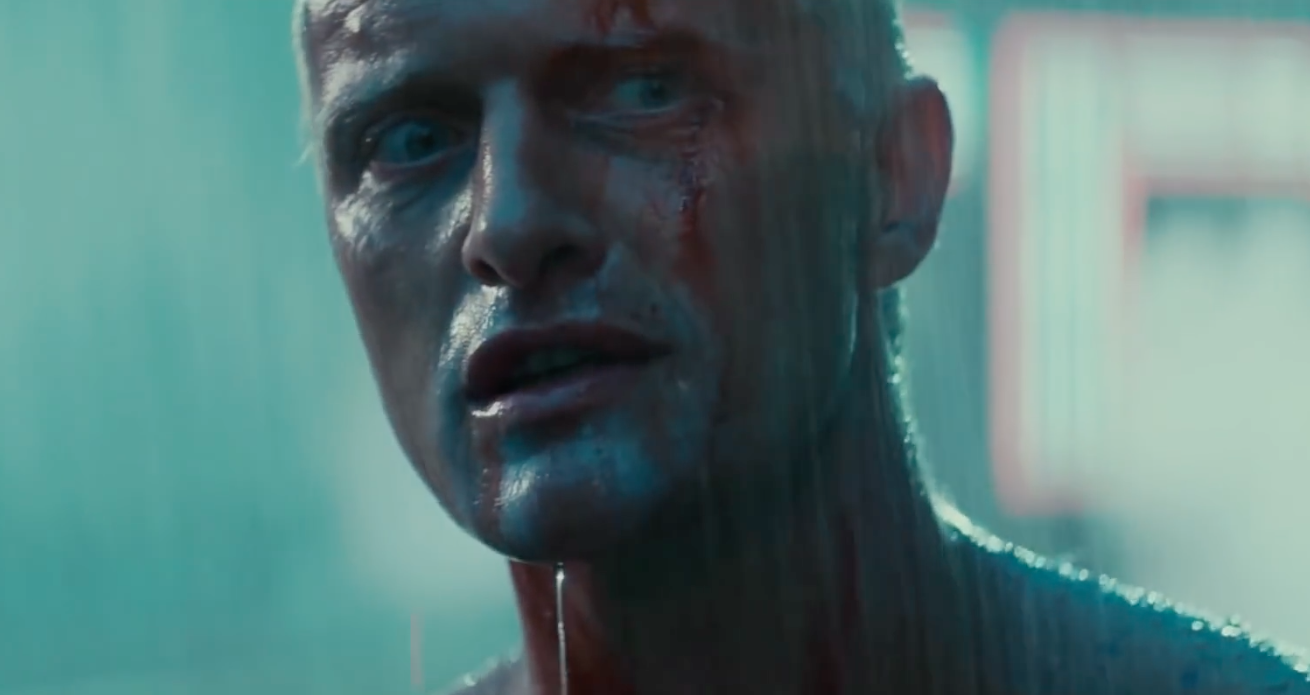I’ve seen things you people wouldn’t believe.
Attack ships on fire off the shoulder of Orion.
I watched C-Beams glitter in the dark near the Tannhäuser Gate.
All those moments lost in time, like tears in rain.
Time to die.
I rewatched Blade Runner on the flight home. Somewhere between Greenland and Nunavut, a rain-soaked Rutger Hauer uttered that immortal speech, released the dove, and got me thinking about existential threats.
In case you hadn’t noticed, they abound:
- the existential threat of artificial intelligence (obvs);
- the existential threat of climate change (the ICJ advisory opinion could not be clearer);
- the existential threat to the rule of law (Jackson J. is not afraid to say it);
- the existential threat of nuclear war (my kids and I read the Annie Jacobsen book on vacation, recommended for teenagers); and
- even the supposedly existential threat US tariffs pose to the Canadian economy or Canada itself.
Hyperbole? Conceptual inflation (a sort of meta-inflation alongside price and grade inflation)? No, I don’t think so.
We have systematically pursued and developed the capacity to destroy ourselves, the things that matter most to us, the natural systems that sustain us, and even those features we thought defined us. We struggle – and largely fail – to accept the extent to which our actions imperil our world.
It is not just the scale or severity of these threats that makes them existential. It is the character of the response they demand: not just a big one, but an existentialist one.
An existential threat is one that makes existentialists of us.
Due to our technical “mastery” over information, finance, and the physical world, we truly do choose how everyone else will live. We do this every day. These threats present that basic reality: a moral reality.
We have to choose how to respond to this burden. We are responsible. We should feel that weight. This is the human dimension of these problems. We have to choose how to live, and that choice does imply judgment, which implies an obligation to choose well. We are not simply free to choose. We are more than our liberty. Our decisions have practical consequences and profound moral weight, including the original choice to face and bear that responsibility.
Main St., Vancouver, BC

Leave a Reply